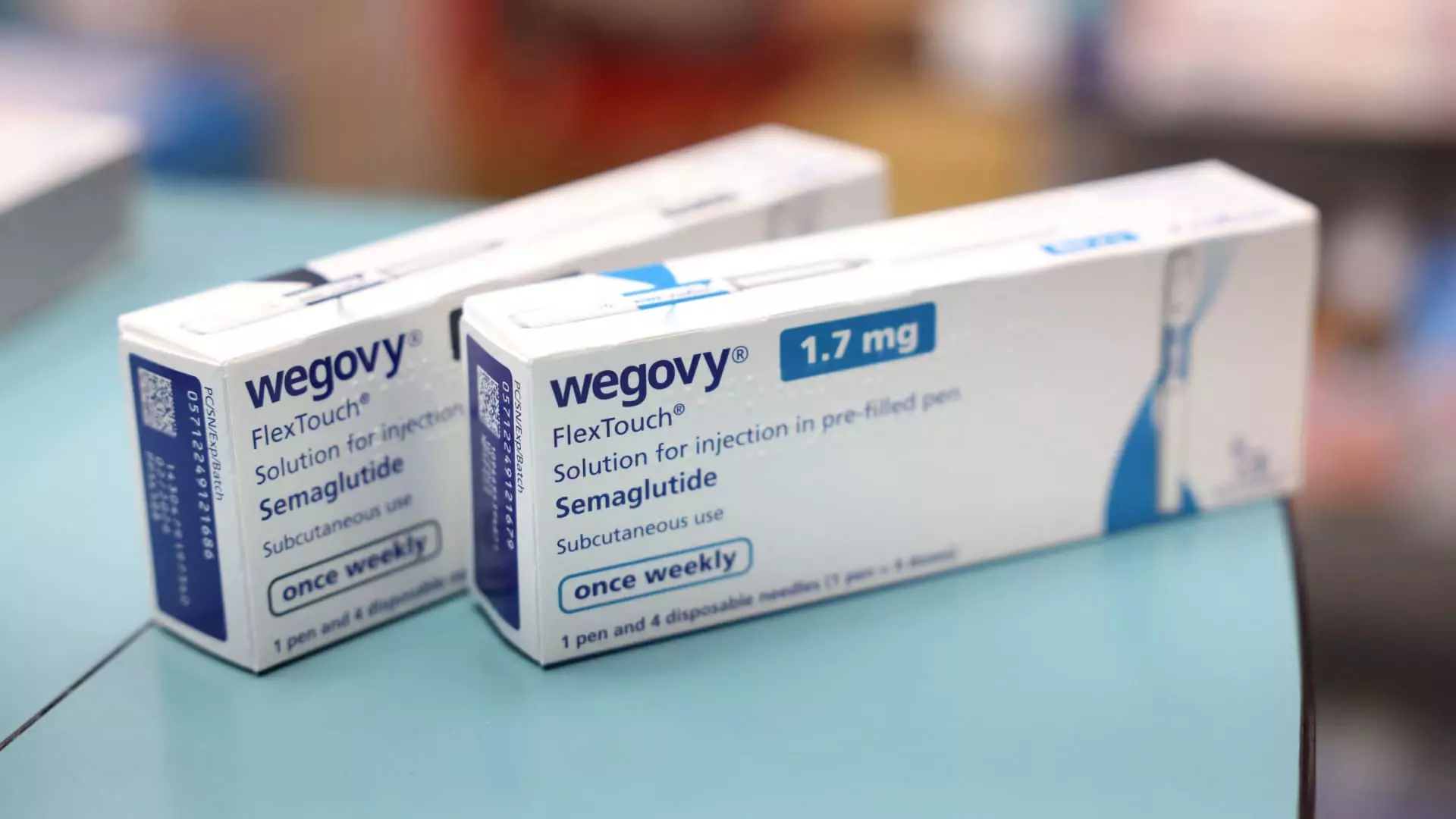The recent approval of Wegovy in the U.S. for heart health has opened up new possibilities for more than 3 million people with Medicare. This weight loss drug has the potential to positively impact the health of a significant portion of Medicare beneficiaries. However, despite this promising development, there are still some challenges that could hinder access to Wegovy for eligible individuals.
According to a recent analysis by KFF, Medicare’s budget could face strain as more plans start covering the costs of Wegovy. The potential net increase of $2.8 billion in spending if 10% of the eligible population utilizes the drug for a full year raises concerns about the financial sustainability of the program. Additionally, certain Medicare prescription drug plans may delay coverage of Wegovy until 2025, further complicating the situation for beneficiaries.
Out-of-Pocket Costs for Beneficiaries
While Medicare Part D plans now have the option to cover Wegovy for eligible patients, some beneficiaries may still have to bear out-of-pocket costs for the drug. The high monthly price tag of $1,300 could translate to monthly out-of-pocket expenses ranging from $325 to $430 for individuals, even with a new Part D cap on spending. These costs could be a significant burden for those with limited incomes, potentially limiting access to this important medication.
Access Challenges and Cost Control Measures
The implementation of cost control measures by Part D plans, such as “step therapy,” could further complicate access to Wegovy for Medicare beneficiaries. Requirements to try lower-cost alternatives before receiving Wegovy may deter some individuals from utilizing the drug. This, in turn, could impact the overall uptake of Wegovy among the target population, as highlighted in KFF’s analysis. Additionally, the uncertainty around the extent of coverage by different Part D plans raises questions about the widespread availability of Wegovy for beneficiaries.
While some Part D plans have already announced coverage of Wegovy, the overall picture remains unclear. The inability of plans to adjust premiums mid-year to accommodate higher costs associated with the drug may delay broader coverage until 2025. This timeline suggests that Medicare beneficiaries may have to wait before experiencing more extensive access to Wegovy through their prescription drug plans. The reluctance of many plans to expand coverage immediately underscores the complexities involved in ensuring affordable access to innovative medications like Wegovy.
The approval of Wegovy for heart health in Medicare is a significant step towards improving the health outcomes of eligible beneficiaries. However, the financial implications, out-of-pocket costs, access challenges, and uncertainties surrounding coverage highlight the need for careful consideration of these factors. Moving forward, policymakers, healthcare providers, and insurers must work together to address these issues and ensure equitable access to Wegovy for all Medicare beneficiaries in need.


Leave a Reply